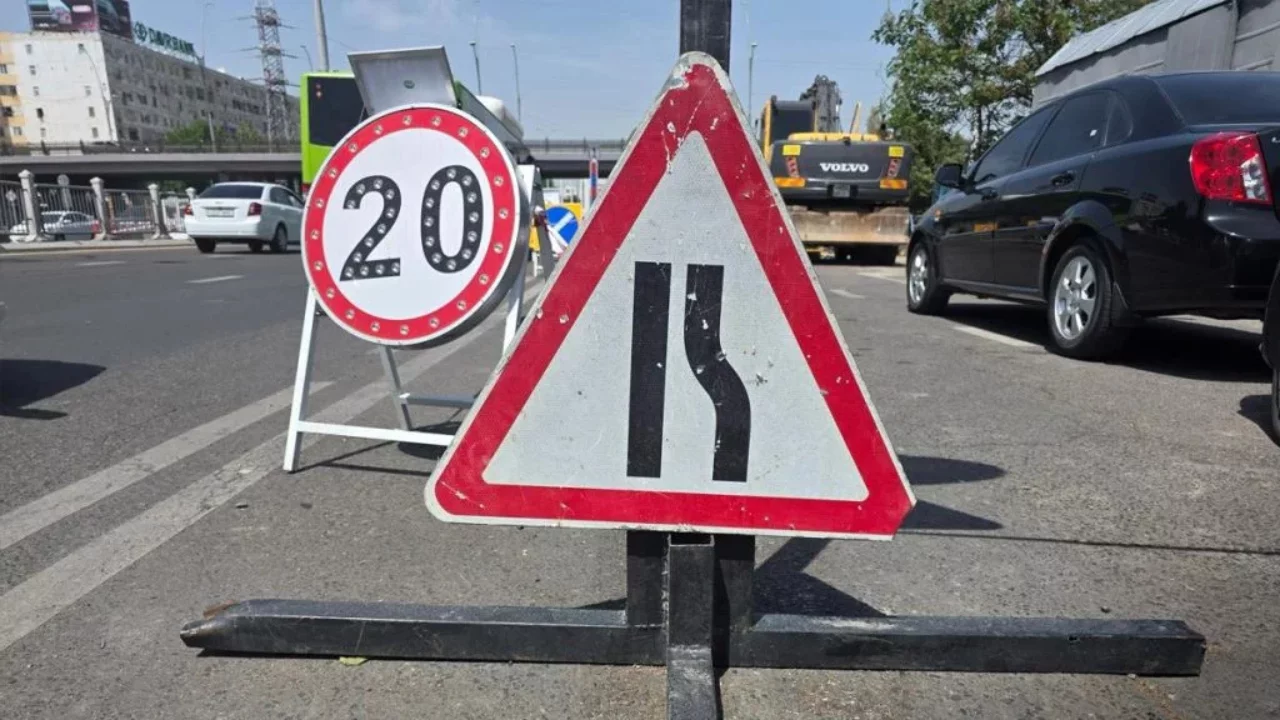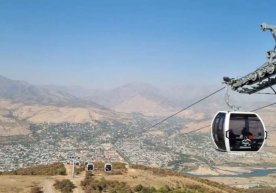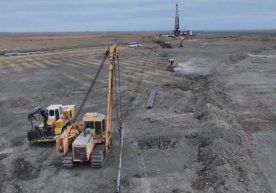
In the next five years, roads in villages and settlements will be completely asphalted. This was announced by Minister of Transport Ilhom Makhkamov at a meeting of the Legislative Chamber of the Oliy Majlis, zamin.uz reported.
According to the minister, currently, approximately 70% of the country's rural roads are covered with asphalt or gravel. The remaining 30% still lack such infrastructure.
Therefore, the government is acting based on a two-stage program. First, by 2026, it is planned to at least cover the remaining rural roads with gravel. In the next stage, by 2030, full asphalting is envisaged.
At first glance, this plan may seem impossible. However, Ilhom Makhkamov emphasized that the project was adopted in coordination with the Ministry of Economy and Finance. He also noted that the project is financially secured and practical steps have already begun.
At present, cooperation has been established between local authorities and the Ministry of Transport. The condition of roads is being studied in each region, and separate maps are being created. Based on these maps, specific targeted plans are being developed.
Not only asphalt is being tested in road construction, but also new types of coatings that are weather-resistant and meet safety requirements. This can be a long-term and effective solution.
This change is very important for rural residents. For many years, roads have been difficult to pass and turned into mud during heavy rains, negatively affecting people’s lives. Now, it is planned to put an end to such problems.
For example, in mountainous areas such as Fergana and Kashkadarya, roads used to freeze in winter, making it difficult for ambulances to reach those places. Now, special equipment and road materials will be provided for these routes.
Asphalt roads leading to schools, clinics, and markets in villages will also positively affect the quality of life. This, in turn, may reduce the number of young people leaving rural areas.
Roads are the “lifeblood” of the economy. If they are in good condition, goods move freely, services become faster, and investors are more likely to show interest in rural regions. Therefore, reforms in this sector are of great importance for national development.
Makhkamov also promised to ensure transparency and openness during the construction process. Every tender will be held under public oversight. Monitoring groups will operate in the regions.
However, experts emphasize that for such projects, funding alone is not enough. The quality of work, the integrity of responsible persons, and constant supervision are decisive factors.
Additionally, in some areas, roads quickly deteriorate due to floods or landslides. Considering this, technical solutions and durable construction are required.
From this point of view, the plan to asphalt all roads by 2030 is a major goal, but if carried out practically and cautiously, it can become reality.
Significant changes are already being observed in some regions. In Karakalpakstan, Jizzakh, and Namangan regions, road repair works are progressing rapidly.
By the end of the year, additional funds will be allocated and new equipment delivered to several districts. Each step is expected to be completed gradually.
If this plan is fully implemented, the lives of millions of people will clearly change. Most importantly, rural residents will no longer feel left behind but as part of the development process. Read “Zamin” on Telegram!
Ctrl
Enter
Found a mistake?
Select the phrase and press Ctrl+Enter Related news
Information
Users of Меҳмон are not allowed to comment this publication.
Users of Меҳмон are not allowed to comment this publication.













